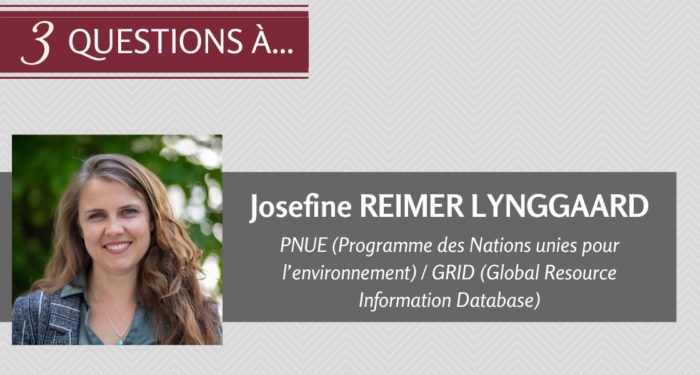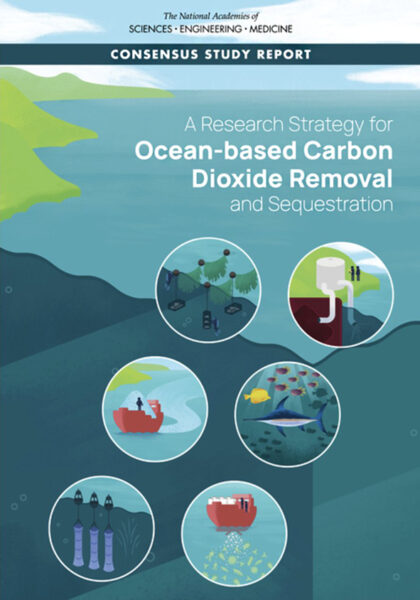With the economic rise of the major emerging nations, increased tensions over the supply of certain minerals and metals have been visible for several years now. This has had a direct impact on the price of these – often strategic – materials in the IT, telecoms and other sectors. However, where many minerals are concerned, one area remains that has so far been unexploited, but is nonetheless very promising: the ocean beds.
Ifremer, aware of this potential wealth and the urgent need to guarantee lasting supplies of these strategic resources both for France and for Europe, launched a foresight exercise in 2009 on deep sea mineral resources with a time-horizon of 2030. Denis Lacroix and Yves Fouquet, who were members of the study’s steering group, outline it for us here.
After recalling the international context and the different minerals and metals present in the ocean depths, they underscore the crucial issues in this field: these are scientific and economic, given the potential wealth of environmental deposits (biodiversity, preservation of ecosystems, etc.), but also legal and technological. They then present the three scenarios selected by the study: “Crisis and Compartmentalization, Political Tensions”; “Cycles as Usual”; and “Global Crises”. They end by teasing out the possible prospects for France and Europe, stressing the need to gain a foothold as soon as possible in the global competition in this sector, in terms of positioning industry for the exploration and exploitation of resources, assessing the scale of resources, applications for exploration permits, public/private cooperation etc.
Given its technological resources and long-recognized skills in the study of the ocean beds, France must remain a major player in this sector, particularly at a point when it is coming to be of crucial strategic interest.
Deep-Sea Mineral Resources: Prospects to 2030 and Issues for France
Cet article fait partie de la revue Futuribles n° 377, sept. 2011



